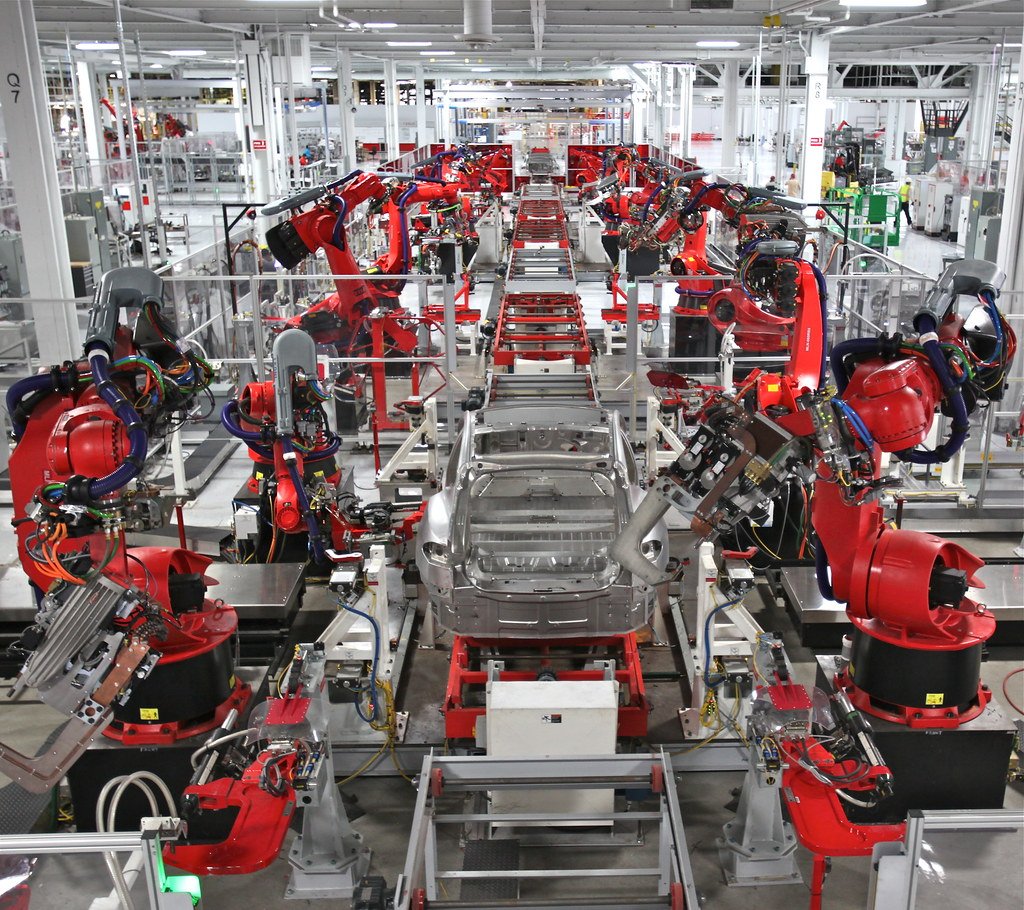Introduction:
JSW Group, a prominent Indian conglomerate known for its ventures from steel to energy, is reportedly engaging in preliminary discussions with Leapmotor, a Chinese EV maker, for a potential technology licensing agreement. If the discussions bear fruit, JSW could leverage Leapmotor’s platform to manufacture electric vehicles (EVs) under its own brand in India, marking its second foray into the lucrative EV sector.
Background:
India’s electric vehicle market, albeit in its infancy, is poised for rapid growth. Although EV sales constituted less than 2% of the total cars sold in the last fiscal year with Tata Motors leading the way, the Indian government aims to propel EV sales to 30% of total car sales by 2030. The relatively untapped potential of India’s EV market has attracted the attention of many players, both domestic and international.
The Proposed Agreement:
Sources privy to the matter have indicated that under the proposed agreement, JSW would employ Leapmotor’s platform, which refers to the foundational structural components of a car, to build electric vehicles in India. It’s envisaged that JSW would likely use this platform to manufacture at least three different variants of mid-sized SUVs. Additionally, the sources also hinted at Leapmotor’s possible involvement in engineering these cars tailored to JSW’s specifications.
The exact timeframe for the commencement of production remains unspecified.
JSW’s Previous and Parallel Endeavours:
This is not JSW’s maiden voyage into the world of electric vehicles. The company initially tried its hand in the EV space back in 2016. Besides the ongoing talks with Leapmotor, JSW is concurrently exploring the acquisition of stakes in MG Motor India, a subsidiary of China’s SAIC Motor Corp. However, this particular negotiation seems to have lost momentum, according to insider reports.
Local Indian media have also highlighted JSW’s dialogues with other Chinese entities for technological collaboration. Notably, the company has been identified as a prospective buyer for Ford Motor Co’s southern India plant, which ceased production the previous year.
Leapmotor’s Position:
Founded in 2015, Leapmotor has managed to carve a niche for itself in China’s vast yet fragmented EV market, boasting four mass-market electric models. Despite holding less than 2% of China’s EV market share, Leapmotor’s ambitions are clearly global. In a recent move, they showcased a novel EV platform which they are keen on licensing to other auto manufacturers.
Their potential agreement with JSW might pave the way for tapping into the lucrative Indian market. This becomes especially significant in light of the recent challenges faced by Chinese firms in establishing manufacturing bases in India due to tightened foreign investment regulations by the Indian government.
The implications of these regulations have not just been felt by newcomers like Leapmotor but also by established entities like MG Motor India, which is actively scouting for domestic investors like JSW to secure equity.
It’s also worth noting that Leapmotor’s quest for strategic partnerships is not limited to JSW. Recent media reports suggest that they’ve initiated partnership dialogues with other auto giants, including Stellantis and Volkswagen.
Other Players in the Indian EV Market:
The allure of India’s burgeoning EV market has not gone unnoticed by global EV giants. Tesla, for instance, is reportedly engaging with the Indian government to establish a factory in India, focusing on the production of affordable EVs. In its bid to entice more EV manufacturers, the Indian government is also contemplating schemes to offer reduced import taxes in exchange for commitments to local manufacturing.
Conclusion:
While the discussions between JSW and Leapmotor are in their early stages, with no official confirmation from either party, it underscores a larger narrative. The Indian EV market, with its untapped potential, is emerging as a magnet for global players, each eager to establish a footprint.
Should this deal materialize, it would not only signify a strategic move for both JSW and Leapmotor but also set a precedent for other international collaborations in India’s evolving electric vehicle sector. As of now, stakeholders in the automotive industry are keenly watching, waiting for the next development in this intriguing saga.
Read More:
